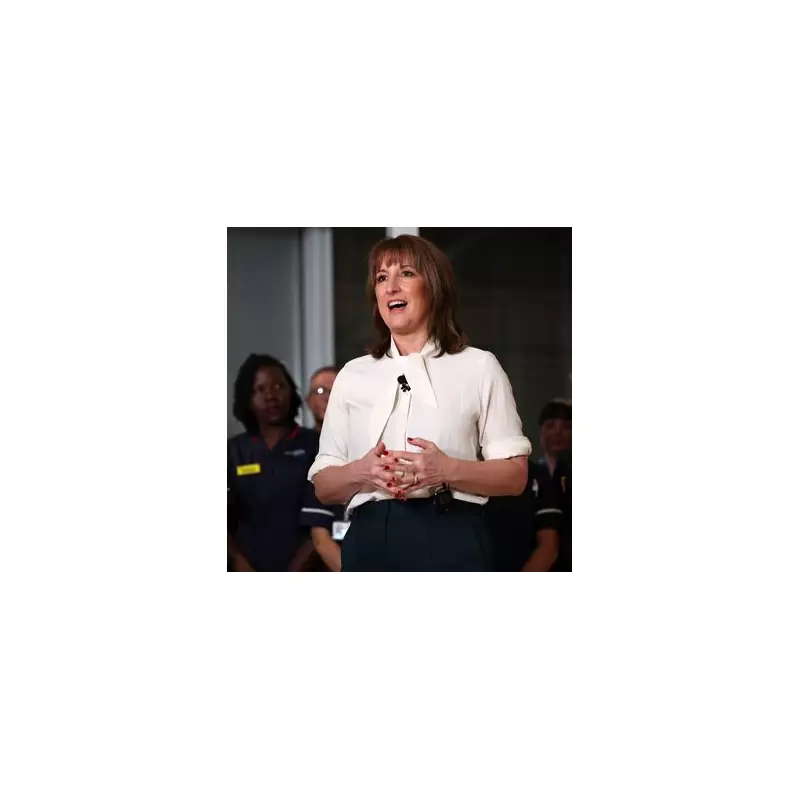
Chancellor Rachel Reeves has launched a sweeping assault on child poverty and the cost of living crisis in a landmark Budget, funded by a £26 billion package of tax increases targeting wealthier Britons and specific sectors.
A Budget for "Hard-Up Households"
The Chancellor promised immediate relief for struggling families, declaring her intention to cut the cost of living. Her speech was preceded by an unprecedented leak from the Office for Budget Responsibility, which accidentally released key details over half an hour before she addressed the Commons. Despite this setback, a determined Reeves outlined a series of measures designed to ease pressures on energy bills, wages, rail fares, and fuel costs.
"I said I would cut the cost of living, and I meant it. This Budget will bring down inflation and provide immediate relief for families," she told MPs, to cheers from the Labour benches.
Landmark Move to Lift Children Out of Poverty
The centrepiece of the social reforms was the announcement to scrap the controversial two-child benefit limit, a policy Reeves labelled as punitive. This single measure is projected to lift 450,000 children out of poverty.
In a powerful and personal statement, the UK's first female Chancellor also vowed to abolish the associated 'rape clause'. "I will not tolerate the grotesque indignity to women of the 'rape clause' any longer. It is dehumanising. It is cruel, and I will remove it from the statute book," she said.
Funding the Help: Tax Rises and Economic Challenges
To fund this support, the Chancellor admitted that working people would feel the impact of her decision to extend the freeze on tax thresholds. This stealth tax means 1.7 million people will be dragged into paying higher tax, with 780,000 being brought into the basic rate for the first time.
However, she emphasised that those with "the broadest shoulders" would bear a heavier load. The Budget introduced:
- A mansion tax on properties worth over £2 million.
- Increased taxes on rental income, dividends, and savings.
- Gambling taxes worth over £1 billion on remote gaming and online betting, while abolishing bingo duty.
The economic context remains difficult. The OBR forecasts slower growth than expected from next year, and analysis from the Joseph Rowntree Foundation indicates that living standards are still set to fall, though the Budget measures will cushion the blow for low-income households.
Speaking after the announcement, Reeves defended her approach: "The biggest winners are those on the lowest incomes and those who we’re asking to pay more are those with the broadest shoulders."
Mixed Reactions from Business and Think Tanks
The Institute for Fiscal Studies argued the Chancellor had broken a manifesto pledge by increasing the tax burden on working people through the threshold freeze. IFS director Helen Miller stated it "clearly represents a tax rise on working people."
Business leaders expressed concern about economic growth. Rain Newton-Smith of the CBI warned that a "scattergun approach to tax risks leaving the economy stuck in neutral," while Kate Nicholls of UKHospitality said a 5p business rates discount was insufficient to offset new costs.
In contrast, TUC General Secretary Paul Nowak welcomed the Budget, saying it would "turn the page on the destruction the Tories caused to Britain." Former Labour Prime Minister Gordon Brown also praised the move on the two-child limit, calling it an "invest-now-save-later policy" that would yield future benefits through improved educational outcomes and higher adult earnings.





